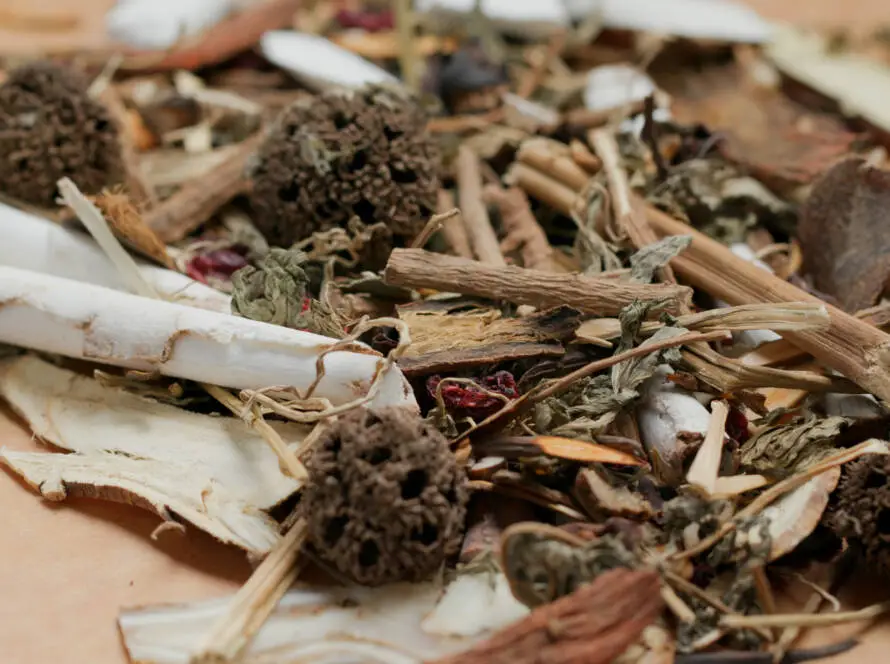Discover the Power of Chinese Herbs
Traditional Chinese Medicine (TCM) offers a holistic approach to health, emphasizing the importance of balance among the body, mind, and spirit. This ancient practice employs various methods, including acupuncture, moxibustion, cupping, and herbal medicine, to address multiple health conditions. Unlike conventional medicine, which often focuses on isolated symptoms, TCM views the individual as a whole, aiming to identify underlying causes and restore harmony.
The Role of Herbs in TCM
Among the most vital components of TCM are its herbs, which have been utilized for centuries for their healing properties. Each herb is selected based on the individual’s specific needs, helping restore balance and promote overall wellness. Here are some key herbs commonly employed in TCM:
- American Ginseng: Known for its ability to boost energy and support the immune system.
- Korean Ginseng: Often used to enhance vitality and mental clarity.
- Ashwagandha: An adaptogen that helps the body adapt to stress and promotes relaxation.
- Bitter Melon: Supports blood sugar regulation and digestive health.
- Skullcap: Used for its calming effects on the nervous system.
- Dong Quai: Often referred to as “female ginseng,” it’s commonly used for menstrual support.
- Ephedra: Traditionally used for respiratory issues, but requires careful use due to its potent effects.
- Fo Ti: Believed to promote longevity and vitality.
- Garlic: Known for its cardiovascular benefits and immune support.
- Ginger: Aids digestion and alleviates nausea.
- Ginkgo Biloba: Known for enhancing cognitive function and blood circulation.
- Green Tea: Packed with antioxidants, it promotes overall health.
- Licorice: Often used to harmonize other herbs and support adrenal health.
- Ligustrum: Believed to enhance immune function.
- Maitake and Reishi Mushrooms: Known for their immune-boosting properties and anti-fatigue effects.
- Shiitake Mushrooms: Rich in nutrients and have medicinal benefits.
Benefits of Chinese Herbs
Each of these herbs brings unique properties that can address various health concerns. For example, Ginger is often used to soothe digestive issues, while Ginkgo Biloba may help improve memory and concentration. The holistic nature of TCM means that these herbs not only target symptoms but also aim to enhance overall vitality and balance.
To learn more about these powerful herbs and how they can enhance your health, visit the InfoStarBase Health Hub for our detailed article on Chinese herbs. Embracing the wisdom of Traditional Chinese Medicine can pave the way for a healthier, more balanced life. Explore the myriad benefits of these herbs and take a step towards holistic health today!
Read more about Chinese herbs and their benefits at InfoStarBase Health Hub!
Embrace the wisdom of Traditional Chinese Medicine and take a step towards holistic health today!
Resources
- Drugs.com
- Wikipedia.com
This summary highlights the key aspects including traditional uses, potential benefits, and safety considerations.
Disclaimer:
The information about Chinese herbs and Traditional Chinese Medicine (TCM) is for educational purposes only and should not be considered medical advice. While many herbs in TCM are traditionally valued for their potential health benefits, individual responses can vary, and their effectiveness may not be universally established through clinical studies. It is crucial to consult with a qualified healthcare professional before using any Chinese herbs, especially if you have existing health conditions, are pregnant or nursing, or are taking medications, as some herbs may interact with medications or exacerbate certain health issues. Chinese herbs should not replace professional medical treatment or advice, and if you experience any adverse effects or have health concerns, please seek guidance from a healthcare provider. Always prioritize safety and informed decision-making when considering herbal remedies.


